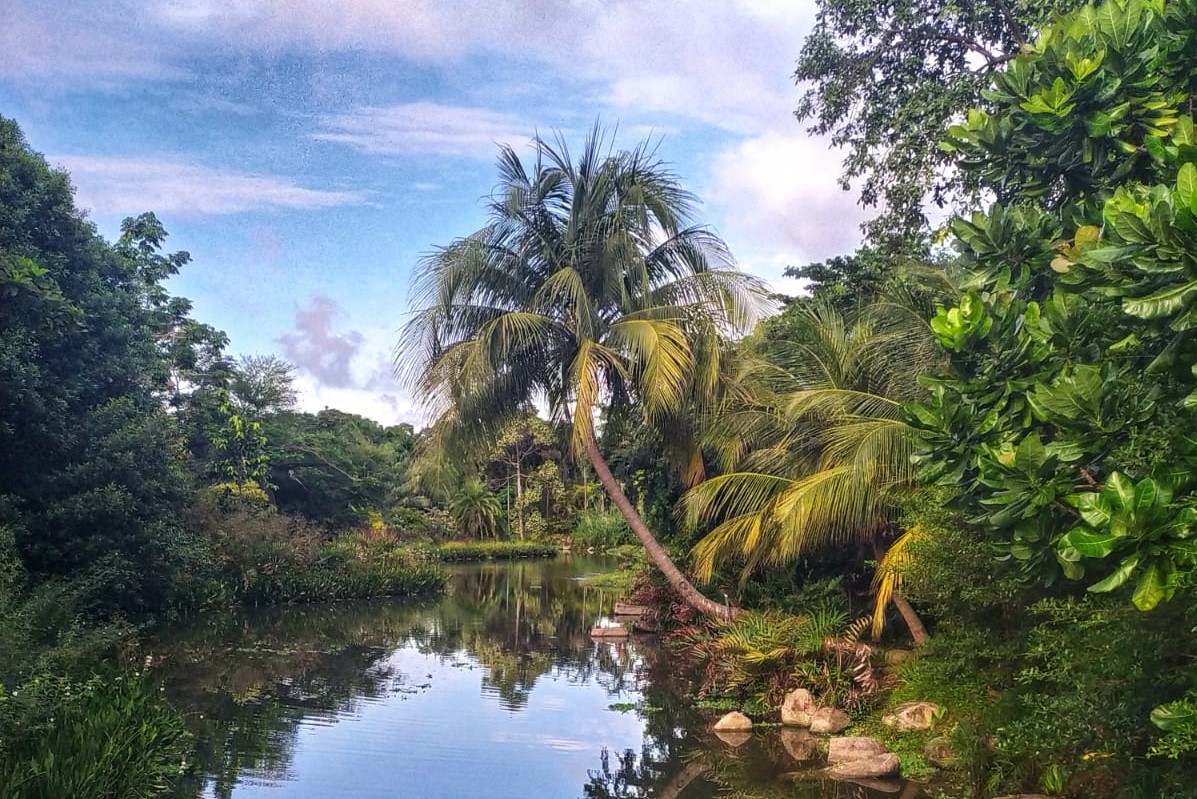By Tania G. Malik
High School Student in Singapore, Prospective UCLA Student
Climate change and its adverse effects are rapidly becoming more worrisome. Consequently, our way of living faces intimidating challenges from the adverse impacts of climate change on the environment. As the youth, it is our responsibility and moral obligation to reduce these deleterious effects to facilitate a wholesome, thriving, and enabling environment for future generations.
Born and brought up in Singapore, a small island in Southeast Asia globally renowned for its cleanliness, I had an early exposure to efforts for recycling and sustainability. This was due mainly to my parents’ guidance and government initiatives to enhance awareness within the community. The youth doesn’t need to wait for appropriate policy actions by the government; we can step up and stand out on our own, even guide the policymakers. Making a change doesn’t need a large platform or many people, but it does thrive in the presence of individual and collective enthusiasm.
Examples of youth initiatives include educating and advising family and friends about conservation techniques. These could include using less water both in the kitchen and in bathrooms. Turning off the water when brushing teeth or limiting the number of bubble baths are simple yet effective steps. Additionally, water usage can be reduced by lowering the frequency of using the washing machine by ensuring a full-capacity load of clothes for each cycle.
There’s more we can do as individuals. To help raise awareness about climate change and its negative effects on our environment, I created a climate change club in my school. Due to the COVID-19 pandemic, the club’s sessions couldn’t take place in person so I created an online space where I send presentations to students about important topics such as water scarcity and the causes of climate change. We engage in discussions about conflicting opinions and answer questions, while I note their suggestions for topics they would like to learn more about. Additionally, I recently acted in and directed a play called “The Four Elements” in my school to promote awareness about sustainability. In the play, I portrayed the four natural elements of nature: wind, water, fire, and earth, and presented the effects on each if climate change continues unabated. It was a creative way to portray my passion about a topical subject and to get my message across to more people.
Even small steps can cumulatively have a big, lasting impact. For example, I have attempted to adopt a zero waste lifestyle whereby I consume less meat, reduce plastic use, and carry my own reusable shopping bags. These changes haven’t adversely affected the quality of my life but will surely have a meaningful impact on the environment. The water crisis in Flint, Michigan, the frequent droughts in California, and emerging water scarcity in the European Union confirm that the water crisis due to climate change isn’t just a problem for poor developing countries. The clock is ticking and it is imperative we act now in order to heal and then reverse, the deteriorating health of our environment. The youth can, and should, lead the way.
